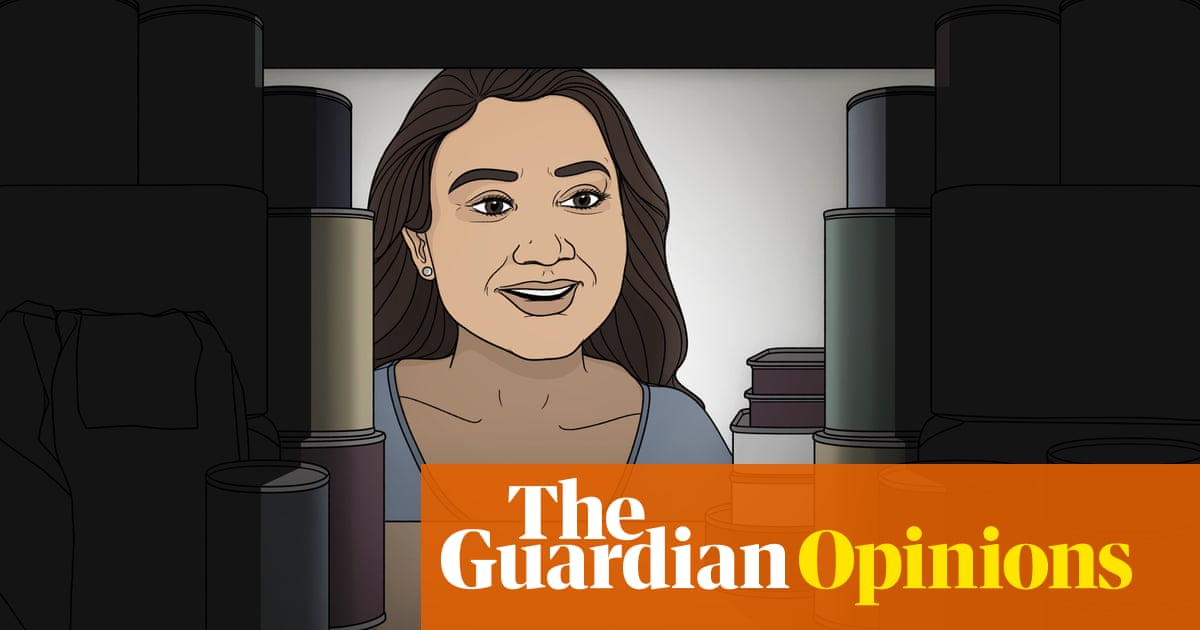
hen the pandemic hit, my biggest fear – oddly, perhaps – was not the virus. I had been ill for some extended periods of time before. Illness was familiar territory; I had some sense of what it meant, and how I might get through it. Back then, Covid itself did not feel like an immediate threat to me or to my family. It affected older people, I told myself. As long as my mum didn’t get it, we would be fine.
Social isolation, on the other hand, filled me with suffocating dread. I could not wrap my head around the idea of not seeing my friends, of my kids not seeing their friends. I railed against the lockdown rules, against the scientists, those specky boffins who knew about diseases but had no idea about human nature. Surely they couldn’t actually expect us to get by without our friends. They couldn’t seriously ask me to shut myself away, with only my husband and two primary-school-age sons for company. Just the thought of such a limited social life set my pulse racing. It wasn’t possible. I couldn’t do it. I would go mad. (Melodrama, moi?)
Almost a year on, amid the terrible devastation of the coronavirus itself, we have done it; we are still doing it. I’m not about to say that I’ve enjoyed it – a lot of the time it’s been horrible. It’s stressful and exhausting. The boys squabble a lot. The house is a tip. We’ve given up on niceties: everyone farts, constantly and loudly; everyone gets ratty and frustrated and down, and takes that out on everyone else. The pressure of the situation has been intense. Like everyone else, I’m looking forward to it being over.
But has it been the unadulterated, insanity-inducing torture that I was expecting? No. In fact, when I look back on my early panic, I wonder what it was telling me about my dependence on constant socialising; whether that was quite as healthy as I thought. I would never have voluntarily given it up, but now I have been forced to, I have found … what? I don’t know. On better days, I get tiny glimpses of a kind of quietness, or something hardier, tougher. Steadfastness? Self-reliance? I miss my friends, all the time. But while the pandemic has drastically reduced the quantity of social interaction, I have also found that some friendships have deepened and strengthened.
My dear school-era friends, who are scattered all over the world, are now meeting up for regular Zooms, which we never did before. The local parents I see in the park during our daily exercise have become a lifeline: we know the minutiae of each other’s lives. There is no longer any need to put on a cheerful face for other parents: it is now entirely socially acceptable to answer “awful, actually” when someone asks “how are you?” At a time when everything is uncertain, one thing I feel sure of is that our little community is going to emerge stronger from this crisis.
And I hope that, once we are able to socialise freely again, we will hang on to that willingness to show our vulnerability, to be honest with one another. We are often told we have been living in an age of loneliness, but I wonder whether the opposite has also been true: that we have been overloaded with thin, superficial social connections. The social media age has put a premium on the quantity of our friends, that all-important number attached to our profile. We have been encouraged to feel that, when it comes to friends, more is always more.
Even before social media, the psychiatrist Anthony Storr wrote in his 1988 book Solitude: “The burden with which we are at present loading personal relationships is too heavy for those fragile craft to carry … Love and friendship are of course an important part of what makes life worthwhile. But they are not the only source of happiness.” For Storr, other areas of life, such as work and creativity, are essential for true mental health. The capacity to be alone is, he argued, a sign of maturity.
Looking back now at my pre-pandemic social whirl, that rings very true. It’s tempting to look to other people to define us when we don’t know how to define ourselves. It feels easier to share in others’ creativity, than to develop our own. That kind of dependence actually sets friendships up to fail, because it’s asking too much of other people. Although friendships can nurture and support us, we ultimately have to stand on our own two feet.
So it seems possible – only in certain fleeting moments, you understand – to hope that this period of (weird, noisy, overloaded) solitude may bring some benefits. It may equip us to re-enter the social world stronger, hardier, and more sure of who we are. When I can see my friends in real life again – and that sure is going to be one heck of a party – I hope that I can depend on them less and enjoy them more.
Alice O’Keeffe is a literary critic and journalist, and author of On the Up












